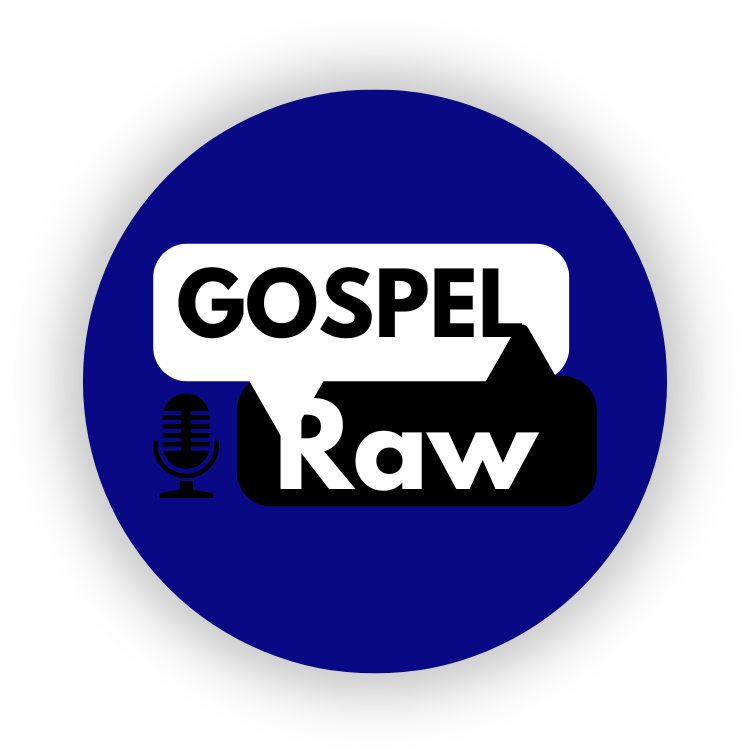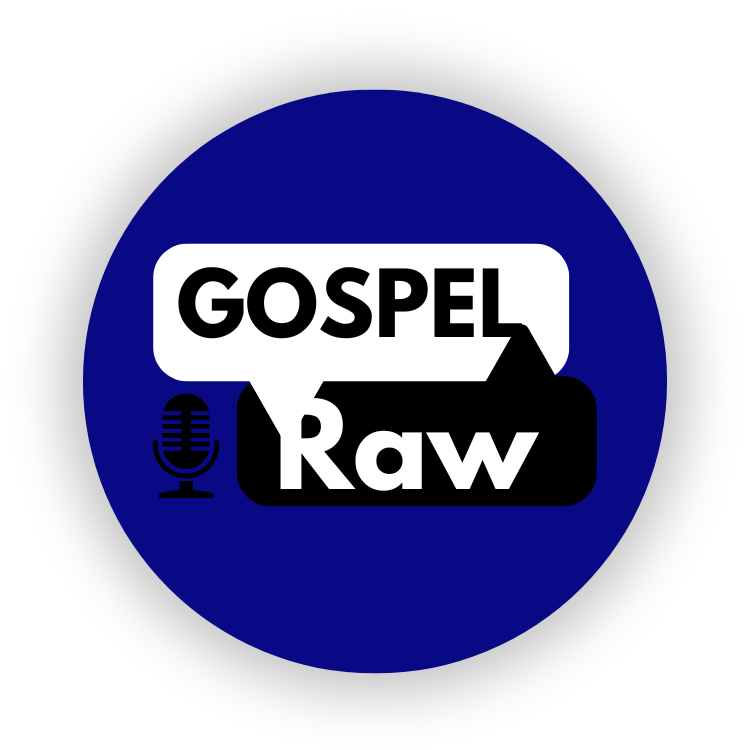The ascension of Pope Leo XIV, formerly Cardinal Robert Francis Prevost, to the papacy in 2025 signifies a watershed moment for the Catholic Church. This historic election, marking the first time an American has held the highest office in the Church, heralds a potential shift in the global Catholic landscape, reflecting a blend of deep-rooted tradition and an undeniable embrace of modernity.
A Swift and Decisive Mandate:
The 2025 conclave, held in the hallowed halls of the Vatican, witnessed an unusually swift election. Pope Leo XIV’s selection, achieved in a mere four ballots and securing over 75% of the cardinal electors’ votes, underscores a profound consensus among the Church’s leadership. Born in Chicago, with a rich tapestry of French, Italian, and Spanish heritage, he brings a uniquely multicultural perspective to the papacy. His extensive missionary work in Peru, coupled with his distinguished leadership within the Augustinian Order, reveals a deep commitment to both pastoral care and the intricate complexities of ecclesiastical administration. This background positions him as a pontiff uniquely equipped to navigate the diverse challenges facing the global Church.
Addressing the Challenges of a Modern World:
Pope Leo XIV’s inaugural address resonated with a powerful call for peace and unity. Recognizing the potent influence of media, he urged journalists to “disarm the words,” advocating for responsible communication as a vital tool in combating fanaticism and hatred. This emphasis on ethical journalism and constructive dialogue reflects a profound understanding of the Church’s role in addressing the pressing social and political issues of our time. His words signaled an intention to engage actively with the world, acknowledging the Church’s responsibility to be a voice for reason and compassion in an increasingly polarized society.
Navigating the Complexities of Faith and Politics:
The Pope’s past social media activity, notably including critiques of prominent political figures, has sparked considerable discussion. While some observers interpret this as a departure from the traditional stance of papal neutrality in political matters, others view it as a natural extension of his deeply held commitment to social justice and fundamental humanitarian values. This intersection of faith and political discourse presents a fascinating dynamic for his pontificate. It offers the potential for the Church to engage more directly with issues of human dignity and social responsibility, yet it also carries the inherent challenge of maintaining unity within a diverse global flock holding varied political viewpoints.
A Pontificate for the Digital Age:
The election of Pope Leo XIV has ignited a vibrant response across digital platforms. The proliferation of social media memes and online discussions surrounding the new pontiff underscores the evolving relationship between the Church and the digital world. This phenomenon highlights the immense potential for the Church to connect with younger generations and foster a more dynamic and inclusive dialogue. Pope Leo XIV’s papacy is poised to navigate this digital frontier, exploring innovative ways to communicate the enduring message of the Church in an increasingly interconnected world.
Looking Towards the Future:
As Pope Leo XIV embarks on his pontificate, the global Catholic community observes with keen anticipation. His distinctive background and multifaceted perspectives hold the promise of bringing fresh insights to long-established Church doctrines and practices. The delicate balancing act between upholding tradition and embracing innovation will undoubtedly define his leadership and shape the trajectory of the Catholic Church throughout the 21st century. His journey as Pope Leo XIV represents not just a change in leadership, but a potential turning of the page, ushering in a new chapter for one of the world’s oldest and most influential institutions.


